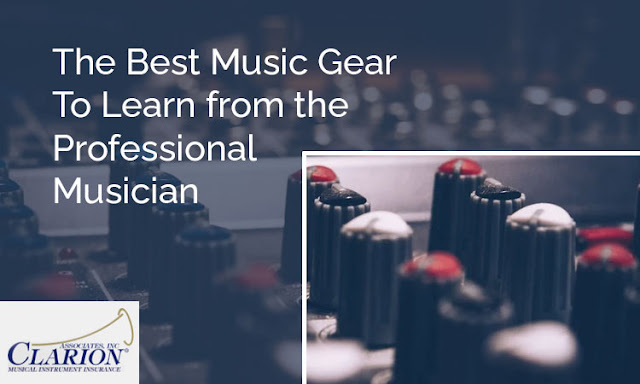As a saxophonist, your instrument is your most valuable asset. Protecting it from damage is paramount, ensuring you can continue playing at your best. This is where insurance comes in. It can provide you with the peace of mind that comes with knowing your instrument is protected. This article will explore its value and why it is a worthwhile investment for any saxophonist.
Coverage is Significant
First and foremost, saxophone insurance can provide you with financial protection. Saxophones are expensive instruments, and repairing or replacing them can be costly. You can protect yourself from the financial burden of repairing or replacing your instrument if it is damaged or stolen. It can be especially valuable to rely on your saxophone for your livelihood, as a damaged or stolen instrument can result in lost income.
Another benefit is that it can cover a wide range of potential risks. For example, suppose your saxophone is damaged due to fire, water damage, or accidental damage. In that case, it can help cover the cost of repairs or replacements. Additionally, if your saxophone is stolen, a policy can provide you with coverage for the price of a replacement instrument. This type of coverage is significant for musicians who frequently travel with their instruments, as the risk of damage or theft is often higher.
Musical Instrument Safety
Insurance can also provide you with peace of mind. Knowing that your instrument is protected can allow you to focus on your music rather than worrying about the safety of your saxophone. This can be especially valuable for musicians who perform frequently, as worrying about their instrument's safety can negatively impact their performance.
Choosing a policy that meets your specific needs is essential when considering insurance. Some policies may provide more comprehensive coverage than others, and the procedure cost may vary depending on the level of coverage you choose. Additionally, it is essential to read the policy carefully and understand the terms and conditions of the range. It can help you avoid surprises if you need to file a claim.
Protect Your Musical Instrument from Damage
There are several steps you can take to protect your instrument from damage. For example, investing in a quality case can help protect your saxophone during transport. Additionally, storing your instrument in a safe, climate-controlled environment can help prevent damage due to extreme temperatures or humidity.
Another essential step in protecting your saxophone is regular maintenance. Like any other musical instrument, saxophones require routine maintenance to keep them in good condition. Regularly cleaning your instrument, replacing worn-out pads and reeds, and servicing it by a professional can help prevent damage and extend its lifespan.
It is also essential to be cautious when playing your saxophone. Accidents can happen, and even a tiny bump or fall can result in significant damage. Be sure to handle your instrument carefully and avoid placing it in precarious positions where it could fall or get knocked over.
Importance of Having a Policy
Suppose you plan to travel with your saxophone. Taking extra precautions to protect it from damage is especially important. Whether traveling by car, plane, or train, ensure your saxophone is appropriately secured in a sturdy case with plenty of padding. Consider investing in a flight case for added protection if you frequently travel by air.
Ultimately, a policy can be a valuable investment for any saxophonist. It provides financial protection, coverage for potential risks, and peace of mind. It is essential to choose a saxophone insurance policy that meets your needs and read it carefully to understand its range.
Conclusion
In conclusion, protecting yourself from damage is essential for any saxophonist. Insurance can give you financial protection, coverage, and the peace of mind to focus on your music. Choosing a policy that meets your specific needs and taking steps to protect your instrument from damage is essential. With the right approach and preventative measures, you can ensure that your saxophone remains in excellent condition for years.






